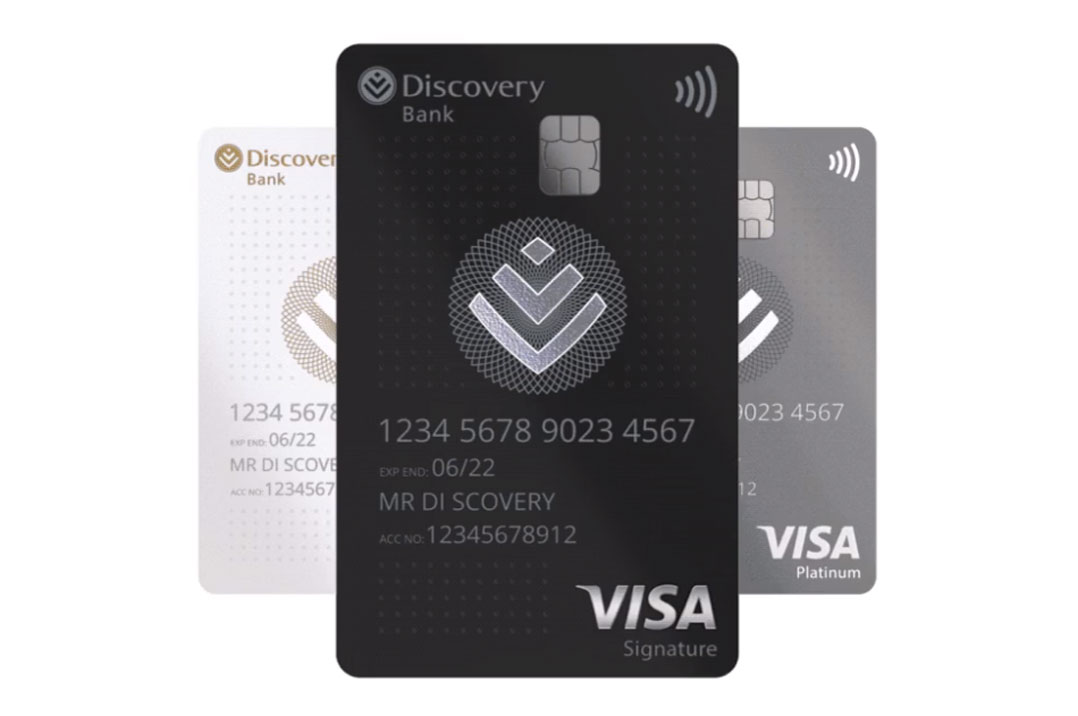
Perhaps the only real surprise in yesterday’s public unveiling of Discovery Bank was the lack of any pricing information. The bank, which is expected to open to the public in March next year, is built on the fundamentals of its Vitality incentive-and-rewards programme, as has long been suspected.
Discovery chief executive Adrian Gore describes it as the world’s first “behavioural” bank. Simply put, it is premised on “making people healthier, but in a financial sense”, says Gore. He cites five controllable behaviours that are linked to three risks that lead to 80% of the reasons why people don’t meet their financial obligations.
Using a new flavour of the Vitality Money chassis, Discovery Bank will encourage and incentivise behaviour change, much like it does in the health and driving (car insurance) spaces.
While it measures and encourages these behaviours, it is not egalitarian. In other words, you don’t need to be insured through Discovery, as an example, to score well on the “driving behaviour” criterion. Rather, it is important that you are insured.
These behaviours result in a Vitality Money status (on the same familiar Blue to Diamond scale), which then translates into three rewards: dynamic interest rates for both borrowing and saving, boosted Vitality rewards, and weekly Active Rewards for responsible spending. Depending on your status, you could get an interest rate of up to the market rate less five or six percentage points for debt, and up to the market rate plus three percentage points for savings. On the Vitality rewards side, customers will see their core Vitality rewards discounts boosted, depending on their Vitality Money status. For example, the up to 35% discount on local flights on partner airlines can be boosted to as much as 75%. The same extends to all Vitality partners. All of this — the interest rates and rewards — is completely dynamic and changes based on your day-to-day behaviour.
Core proposition
The core proposition is the Discovery 1 Account. This is a “fusion” of a credit card and transaction account (not dissimilar to the fusion accounts launched by FNB and Absa in recent years), plus it has a built-in Vitality Savings Account. Gore would not be drawn on fees or pricing, saying only that this aspect would be “market related”. One could surely expect prices to range between R100-odd and R400/R500 per month, based on pricing of accounts in the market. Like other banks, depending on your income, you’d get either a Gold, Platinum or Signature (Black) card. These will be priced differently, with different features and benefits.
Gore says that although the bank is mobile-led, it has full retail functionality. It will only have a single branch — at the group’s head office, Discovery Place — which will open next year. Like other banks without physical footprints, such as Investec, clients will be able to use any ATM or a network of point-of-sale merchants to withdraw cash and make deposits.
 The bank is centred on its app, which is slick (while demoed at least) and boasts innovations such as the ability to take photos of slips and add these to transactions as they’re made. This is stored in your Discovery document vault for later retrieval.
The bank is centred on its app, which is slick (while demoed at least) and boasts innovations such as the ability to take photos of slips and add these to transactions as they’re made. This is stored in your Discovery document vault for later retrieval.
By leveraging the scale that Discovery has, it also allows you to pay anyone in your contacts using just their cellphone number. It will use the data it already has across its ecosystem to tie together names and contact numbers to authenticate these payments behind the scenes. This is different from other banks, which will simply send an SMS to the other number, with no real authentication.
Payments to other accounts, whether Discovery or not, can be instant. And, while other banks offer similar services, there are sometimes limitations around business hours and they come at a steep price (a market average of R40/payment). Discovery says instant payments will cost R5 on Discovery 1 and be free on Discovery 1 Plus (its top-tier bundle).
Discovery is innovating across its healthcare provider partners Clicks and Dis-Chem, and will allow seamless payments at the dispensing counter for medication. Because Discovery knows what medical aid plan you’re on, and whether payment will be from your medical aid savings account or not, the transaction will be settled automatically in the background and you’ll be able to just walk out the door.
It will roll out airport lounges next year and in 2020 (going head-to-head with the other banks), and will extend its popular and successful “Active Rewards with Apple Watch” benefit to an “Active Rewards with iPhone” benefit, which will allow you to fund a new iPhone for free if you reach your weekly spending goals. It promises more information on both of these in the new year.
The group was in a way forced to do a public launch ahead of the bank being open to new clients. It will beta test, using 3 000 staff and selected tied advisors, over the next four months. Until now, it has been testing in alpha with a very limited number of people (just 50) under South African Reserve Bank supervision.
‘Upgrade’
Once the bank is open in March 2019, its existing 300 000 Discovery Card customers will be able to “upgrade” to a Discovery 1 account.
Its switching proposition will also be promoted in the new year, with Discovery Bank CEO Barry Hore saying that “every friction point has been focused on” and that it has some great technology up its sleeve.
Gore says there will be “strong incentives to bring across your salary”, but that the bank would play in the “primary and secondary account space”. He sees the addressable market as, practically speaking, anyone who can afford private health care. The “sweet spot” is obviously Discovery’s current customers, which total two million adults.
As part of the launch next year, Discovery intends to allocate 10% of bank shares to black bank depositors. The details of this are still being worked on, but it will be vendor-financed with no risk to the clients. Gore describes this as a “very good thing to do” and suggests it could also use this equity to “drive behaviour”.
Discovery Bank won’t offer home loans or car finance, at least not for the foreseeable future. Gore says it “can’t see a massive differentiator yet”. The bank is also deliberately limiting its integrations with the group’s other products, like Invest (obvious), Insure and Life. This will come.
- This article was originally published on Moneyweb and is used here with permission

